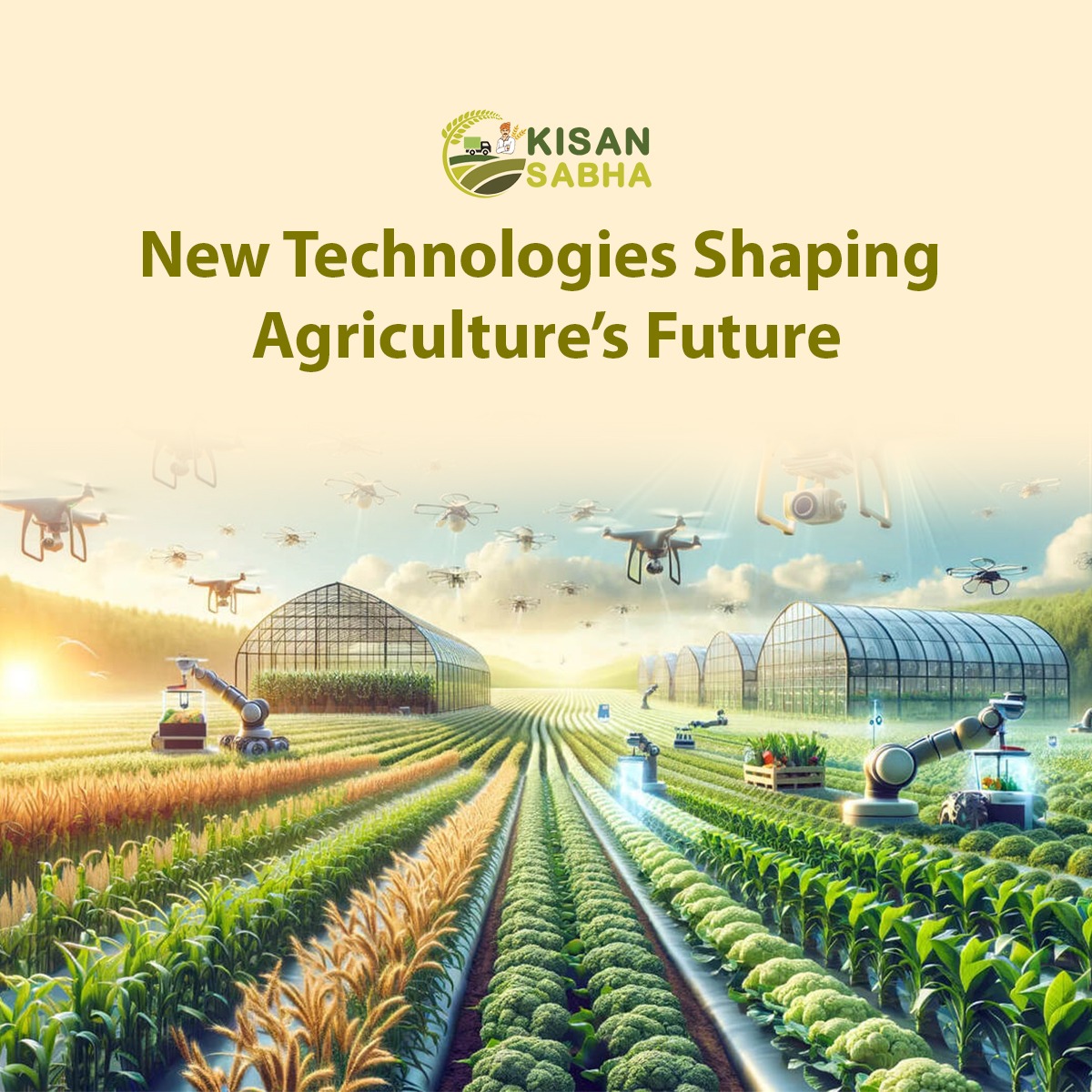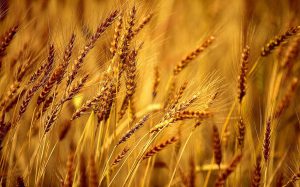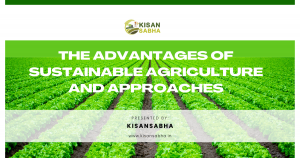Farmers are excited because new technology is upgrading traditional farming methods. The improvements include smart agricultural equipment, robotic agriculture and technology, food production methods, livestock management, and ecosystem maintenance. Let’s look at how these new techniques are shaping future farms.
Smart Farming Gets Precise
Imagine farmers using satellites and drones to watch their crops grow from above. That’s precision agriculture in action. This smart approach helps farmers give plants exactly what they need when needed. Using GPS technology and special sensors, farmers can now track:
- Soil moisture levels
- Plant health
- Weather patterns
- Nutrient needs
This precise control means less water and fertilizer waste. It also leads to better crop yields and helps protect the environment. Farmers can spot problems early and fix them before they spread, saving time and money while growing healthier crops.
Robots Join the Farming Team
Farm robots are no longer science fiction. Today’s farms use smart machines to handle many tasks that once required countless hours of manual labor. These helpful robots can:
- Pick fruits and vegetables
- Remove weeds
- Plant seeds
- Sort and package produce
Automated tractors can now work fields day and night, guided by satellite navigation. These tireless helpers make farming more efficient and help address labor shortages in agriculture. They’re precious for tasks that need careful handling, like picking delicate fruits without bruising them.
Better Plants Through Science
Scientists are using advanced genetics and biotechnology to develop stronger, more productive crops. These improved plants can:
- Resist diseases
- Survive drought
- Provide better nutrition
- Adapt to changing climates
Modern breeding techniques help create these enhanced crops faster than ever before. Natural methods like selective breeding work alongside careful genetic improvements to give farmers better options for what to grow. These advances help ensure stable food supplies even as growing conditions become more challenging.
Artificial Intelligence Makes Farming Smarter
AI technology is helping farmers make better decisions by analyzing huge amounts of data. Smart systems can:
- Predict weather patterns
- Detect plant diseases early
- Estimate crop yields
- Track market trends
These tools turn complex data into practical advice that helps farmers plan their work. AI can spot problems in fields before they’re visible to the human eye, allowing for quick action to protect crops. This technology helps farmers work smarter, not harder.
Read More:- Winter Vegetables You Can Grow This Season
Growing Up Instead of Out
Vertical farming is changing how we think about growing food. These indoor farms stack plants in layers, using:
- LED lighting
- Controlled temperatures
- Water-saving systems
- Space-efficient designs
This method enables farmers to grow food year-round, even in cities. It requires less water than typical farming and does not require pesticides. While it presently works well for particular crops, like as lettuce and herbs, the technology is constantly developing to accommodate other types.
Tracking Food From Farm to Table
Blockchain technology is making it easier to know where our food comes from. This digital system creates a clear record of:
- Where food was grown
- How it was produced
- How it traveled to stores
- When it changed hands
This transparency helps ensure food safety and quality. It lets consumers know more about their food’s journey and helps farmers prove their growing practices meet the required standards. It also makes it easier to trace any problems quickly if they arise.
The Power of Connected Farming
Modern farms are becoming increasingly connected through the Internet of Things (IoT). Smart devices work together to:
- Monitor crop conditions
- Control irrigation
- Adjust greenhouse settings
- Track livestock health
These connected systems make farming more efficient by automating routine tasks and providing early warnings when something needs attention. They help farmers manage larger operations with less effort and better results.
Sustainable Solutions for Tomorrow
These new technologies aren’t just about producing more food – they’re helping create more sustainable farming practices. Modern innovations focus on:
- Reducing water use
- Lowering chemical inputs
- Minimizing soil erosion
- Cutting greenhouse gas emissions
By making farming more efficient and precise, these technologies help protect natural resources while meeting growing food demands. They’re essential tools for building a more sustainable agricultural future.
Looking Ahead
The future of farming looks bright as these technologies continue to evolve. We can expect to see:
- More autonomous farming equipment
- Better crop varieties
- Smarter resource management
- Increased food traceability
These advances will help farmers face challenges like climate change, water scarcity, and growing food demand. They’re creating a more efficient, sustainable, and productive agricultural sector.
Conclusion
The use of technology enhances the farming sector to make it a more professional fondue that sees the combination of Indigenous agricultural skills and the use of modern technology. Such developments enable the farmers to enhance agriculture by increasing food production with fewer reservations put in use as well as protecting the surroundings. As these technologies advance further, they will also contribute significantly to solving the problems associated with overpopulation whilst the resources of the earth are kept for generations yet to come.





